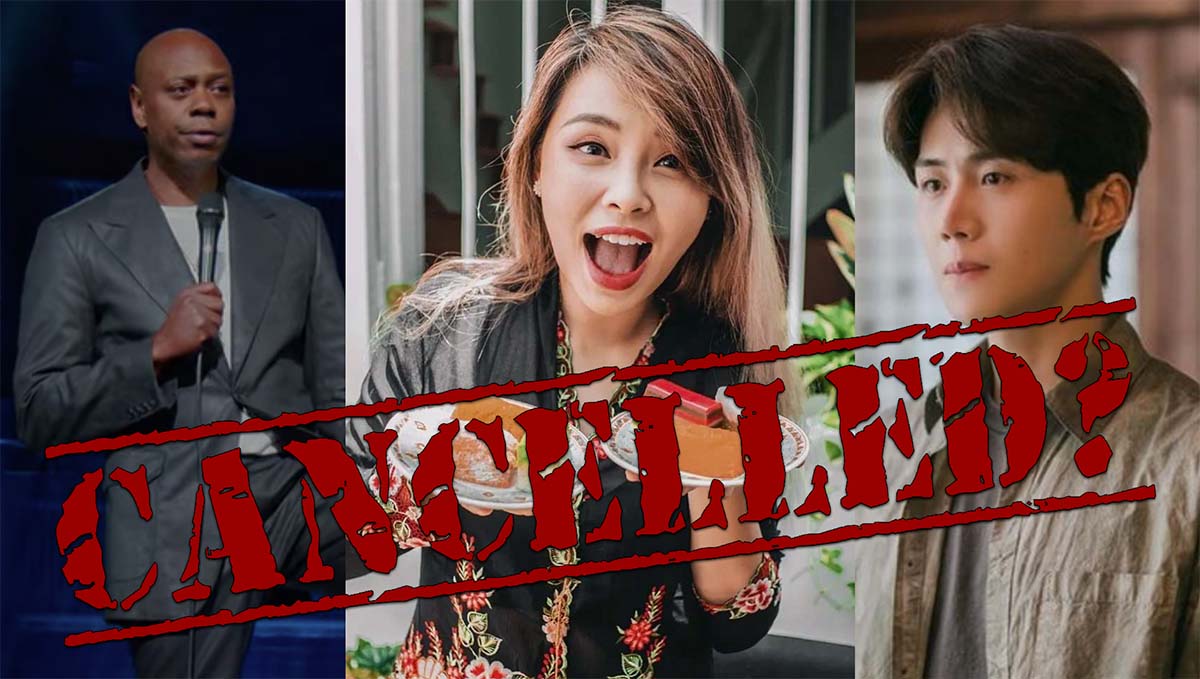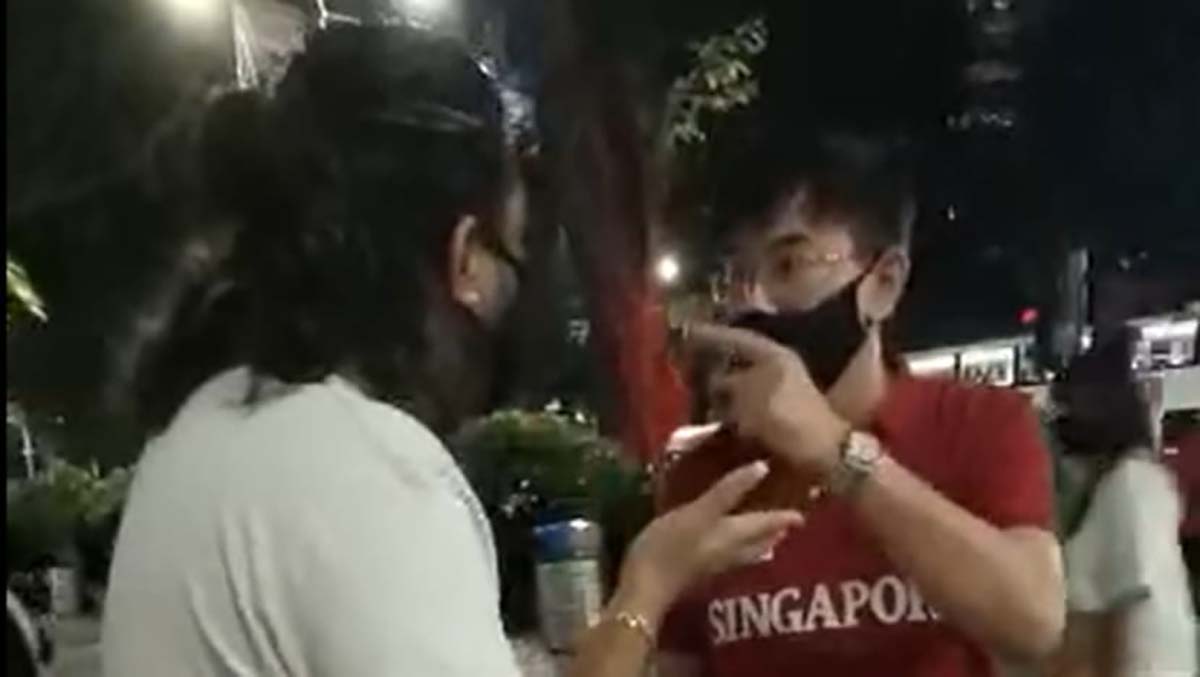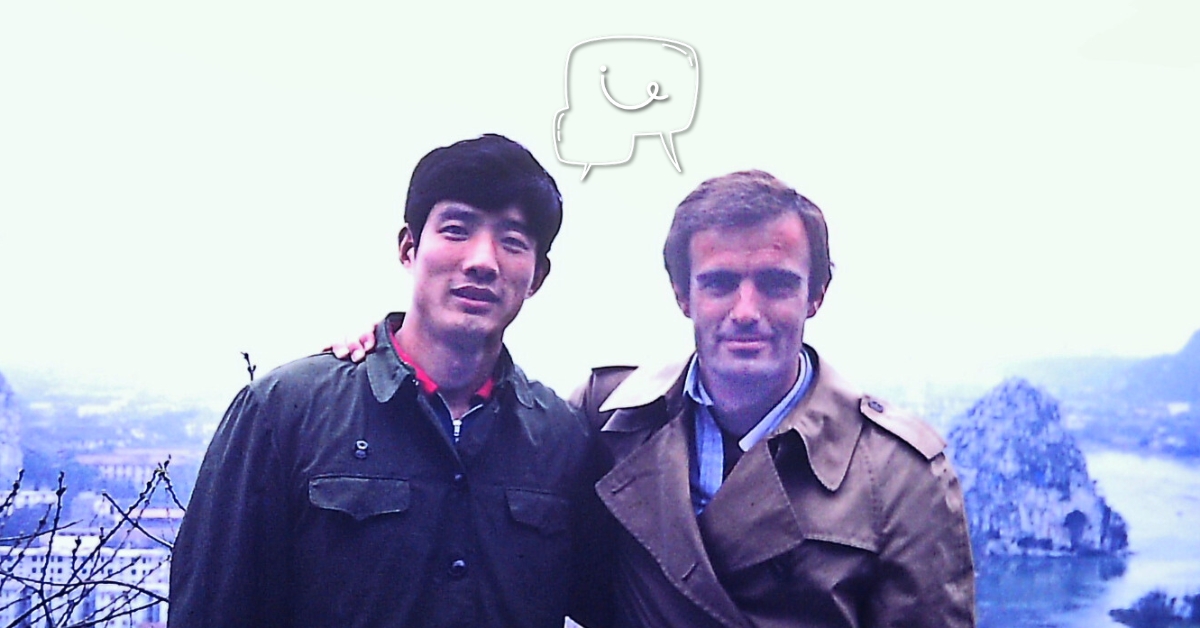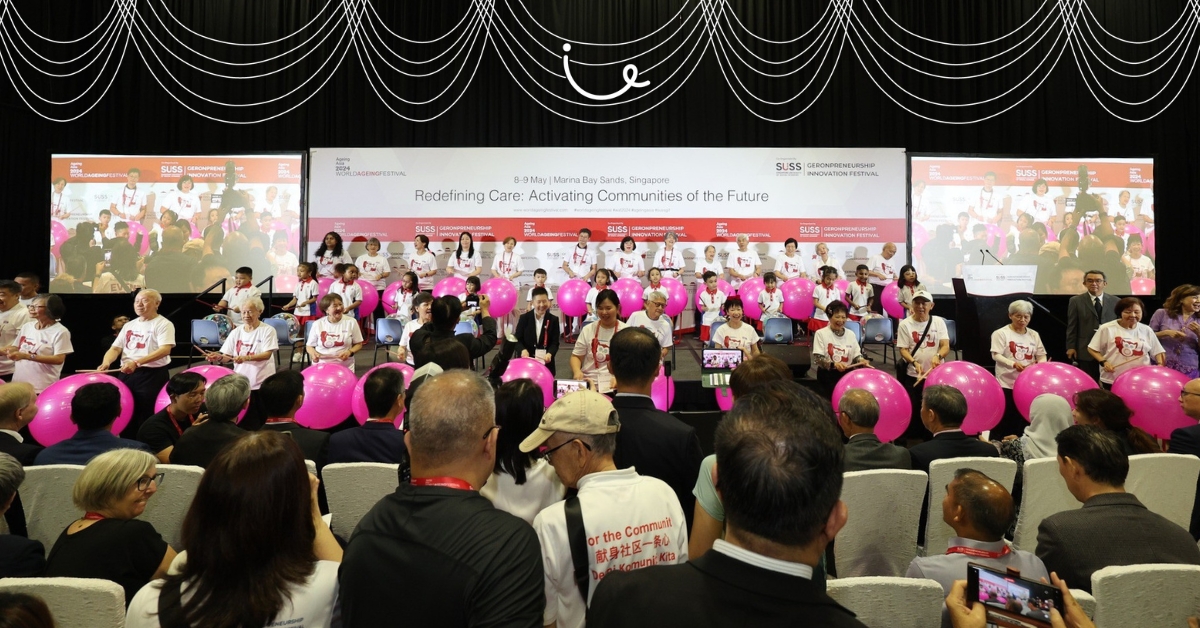
In the past few weeks there has been a lot of online chatter, articles and letters even in the newspapers about about cancel culture. From comedian Dave Chappelle on Netflix, to local influencers on Slyvia Chan of NOC (Night Owl Cinematics) on Youtube and even Korean drama actor Kim Seon-ho — many people are under threat of being cancelled.
But what exactly does being cancelled mean?
“Cancel Culture” in its simplest form is an active internet community collectively banding together to say, “We disapprove of you, your brand and your activities and want to bring you to your end.” A term more familiar to us silvers would be boycotting.
With social media enabling people to voice their opinions, we now have a stronger weapon than the simple boycott — now seen as a passive act — which is to cancel a person.
Cancelling somebody can be thought of as an attack that happens on all fronts. Its un-orchestrated guerrilla warfare with individuals reaching out to various brands and demanding action be swiftly taken or else face the wrath of the internet. This is particularly dangerous as companies have demonstrated their willingness to quickly detach themselves from the offending party in order to prevent outrage from online netizens.
Advertisement
In the example of the Sylvia Chan exposé on social media, brands like Colgate and Milo made announcements to drop Ms. Chan when allegations of wrong doings first appeared. Part of an official response read “Even though the allegations are still under investigation, we decided to terminate all related collaborations with her.”

Other high profile cases seen in the past are Disney detaching themselves from Johnny Depp in the wake of domestic abuse accusations; Kevin Hart was removed from his role as Oscar host after an old social media post on twitter came to light; Dave Chapelle is currently under fire as well from the transgender community and his upcoming documentary has been pulled from film festivals; Korean actor Kim Seon-ho was dropped from a series and two upcoming movies because of an abortion scandal. However there are now reports of advertisers welcoming him back into their campaigns. Many famous Korean drama actors and actresses have been cancelled amidst allegations of school bullying and infidelity.
While these are celebrities and public figures, cancelling can happen to anyone. After a video of a man making racist remarks to an interracial couple went viral, netizens managed to identify him as polytechnic lecturer. After being named and shamed, more people came forward with their own encounters with him and added pressure to the situation. The polytechnic was forced to eventually fire him.

The definite merit to cancel culture is that it holds people accountable for their actions. But the big question is – who decides if the punishment fits the crime and for how long? In this new accusatory climate, does everyone need to be kept on their toes?
The answer is a simple resounding yes.
In most of the cases listed above, there is so much information to consume in order to merely grasp the situation. It is definitely easier to read of a headline or summary and state your opinion. If you have commented on any issues or situations and have called for the removal of a person from their job or called for action to be taken against someone, then you might have unknowingly jumped on the bandwagon of cancel culture.
With the shifting of social norms and culture, the court of public opinion is in full swing – you are liable to be judged at all times but you are also the judge and the jury too. So with cancel culture in full effect and its ramifications yet to be fully understood, we would advise everyone to approach these instances with kindness and an open mind.





